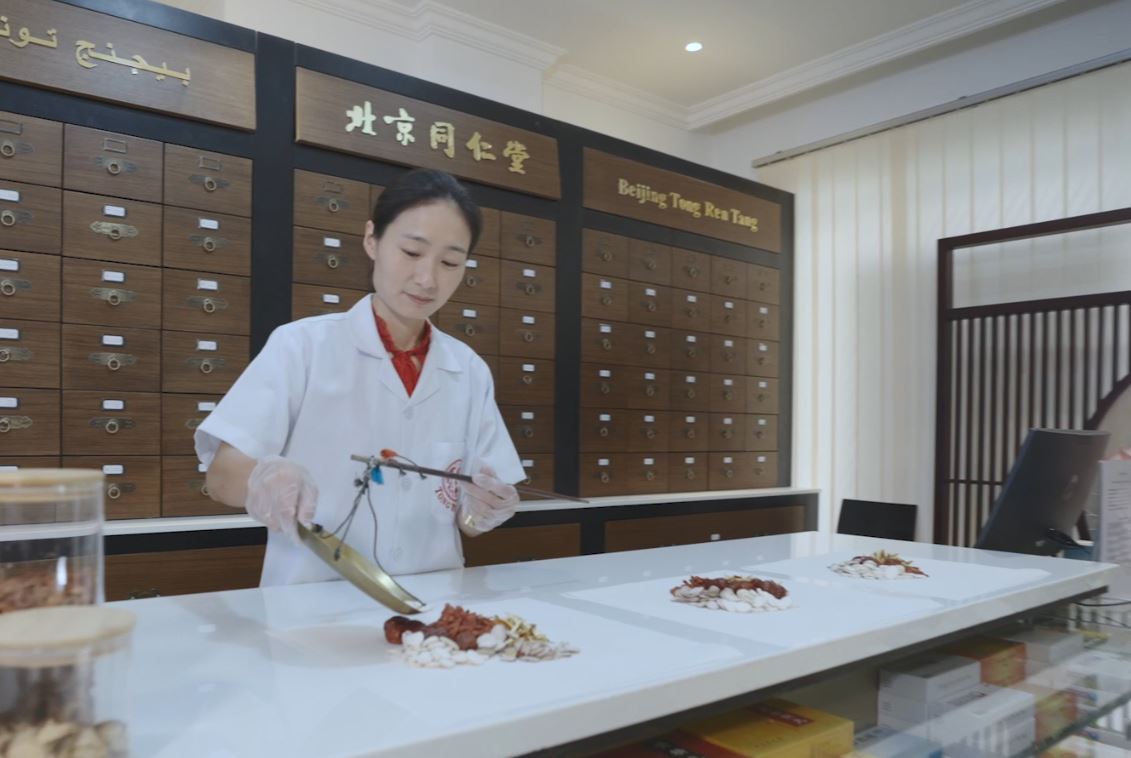Herbal medicine and acupuncture can both be used to improve the digestive system in several ways. Here are some of the ways these techniques can be beneficial:
- Regulating Digestive Function: Acupuncture can stimulate specific points on the body that help regulate digestive function. By doing so, it can help promote the proper secretion of digestive enzymes, reduce inflammation, and alleviate symptoms of digestive disorders like irritable bowel syndrome (IBS) and acid reflux.
- Reducing Stress: Stress can have a significant impact on digestive function. Acupuncture and herbal medicine can both help reduce stress levels, which can in turn improve digestion. Herbs like ashwagandha, chamomile, and lavender have been traditionally used for their calming effects, while acupuncture can help activate the body’s relaxation response.
- Improving Gut Health: Herbal medicine can be used to support the growth of beneficial bacteria in the gut, which is important for overall digestive health. Probiotic-rich herbs like ginger and licorice root can help promote a healthy gut microbiome and reduce inflammation.
- Alleviating Digestive Symptoms: Both acupuncture and herbal medicine can be used to alleviate digestive symptoms like bloating, constipation, and diarrhea. Acupuncture can help regulate peristalsis, the wave-like motion of the intestines that moves food along, while herbs like peppermint and fennel can help soothe digestive discomfort.
Overall, acupuncture and herbal medicine can be effective ways to support digestive health. They work by regulating digestive function, reducing stress, improving gut health, and alleviating digestive symptoms. However, it’s important to work with a qualified practitioner to ensure that these techniques are used safely and effectively.




